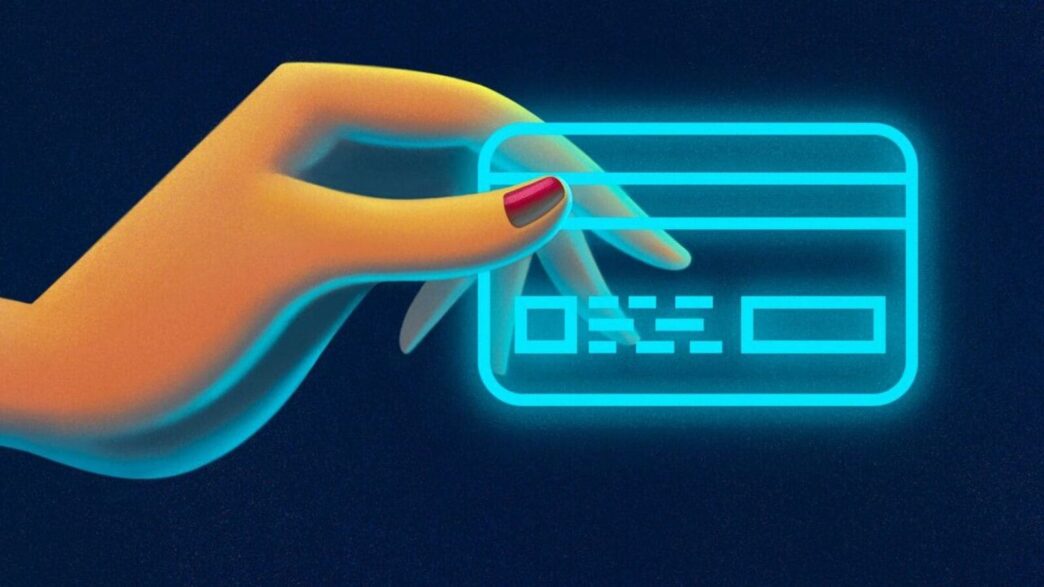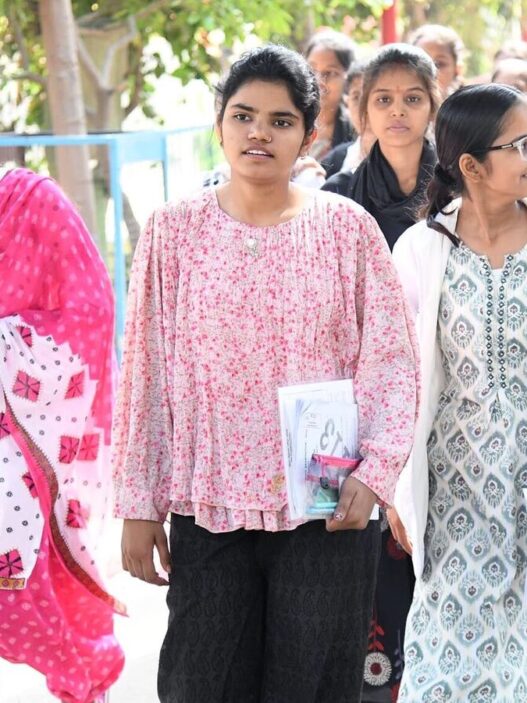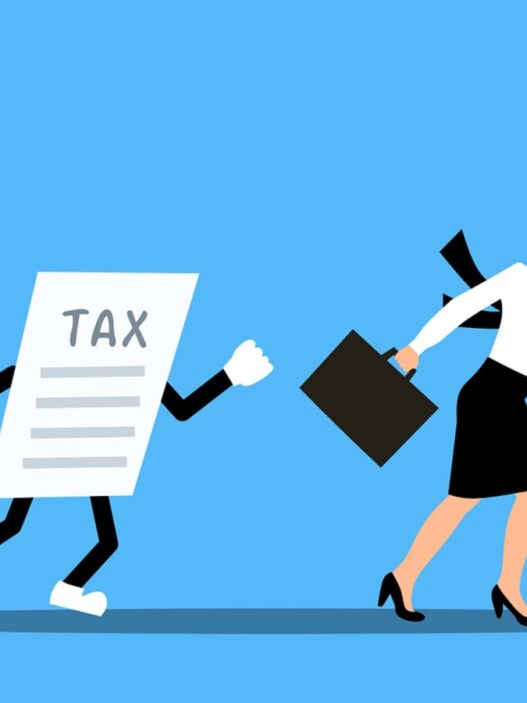Credit card frauds are on the rise in India, and most of them are happening through internet transactions. Rapid digitalization of payment services is also a crucial factor facilitating: credit card scams, loss of funds and identity thefts through numerous fraudulent transactions.
There are some legal rights of the Indian citizens to protect them from loss due to such fraudulent transactions. It is essential for all users of a credit card to be vigilant, well informed and completely aware of these rights and developments in this area. Some of the important points to always keep in mind are discussed below:-
Right to privacy and protection from unsolicited credit cards
The Right to Privacy is the first such assurance. Reserve Bank of India (RBI) requires banks and Non-Banking Financial Companies (NBFCs) not to issue unsolicited i.e., not asked for credit cards without explicit customer consent. If the card is issued as an unsolicited card and is used, then the charges should be reversed and the bank can be held liable for paying the charges incurred.
Aside from that, banks must respect the Do Not Call Registry (DNCR) and desist from revealing personal customer data to unauthorized third parties for solicitation.
Limited liability in case of fraudulent transactions
There are clear directions on fraudulent transactions. Where there is a fraud transaction, the RBI regulations limit the customer liability. Where the card, PIN, or welcome kit has not reached you yet and there is an unauthorized transaction, you will not be held responsible for the unauthorized transactions.
If there are transactions disputed, you can seek a clarification from the bank within 60 days backed by documents. You can even submit a form of investigation and backing documents with the issuing authority. Time here is of immense importance, therefore if you observe any discrepancies on your credit card transactions or have any doubts, always report it to your credit bureau and the concerned authorities such as national cyber crime reporting portal as soon as possible. The official website for the same is: https://cybercrime.gov.in
Legal remedies under Consumer protection and Banking laws
The Consumer Protection Act, 2019 is another crucial legal provision that provides extra protection against unfair trade practices, false trade description, and ambiguous or unknown charges. You can lodge complaints at the district or state level depending upon the amount. You can lodge complaints for bank services and receive relief in fraud under the Banking Ombudsman Scheme without a lawyer. It is important for credit card users to understand these provisions for their protection.
Other than that, banks and NBFCs are also required to adopt fair debt collection practices. Use of violence, threats, harassment, or any other method infringing customer confidentiality comes with legal punishments for financial institutions. The Payment and Settlement Systems Act, 2007 provides secure payment systems for card transactions, and operators will be held responsible in the event of fraud or system failure.
Hence, keeping yourself informed on these consumer rights and promptly reporting any kind of fraud will go a long way in protecting you from financial losses and psychological trauma. It will also facilitate fair and honest treatment by financial institutions and banks.
(Note: Using a credit card carries its own set of risks)












